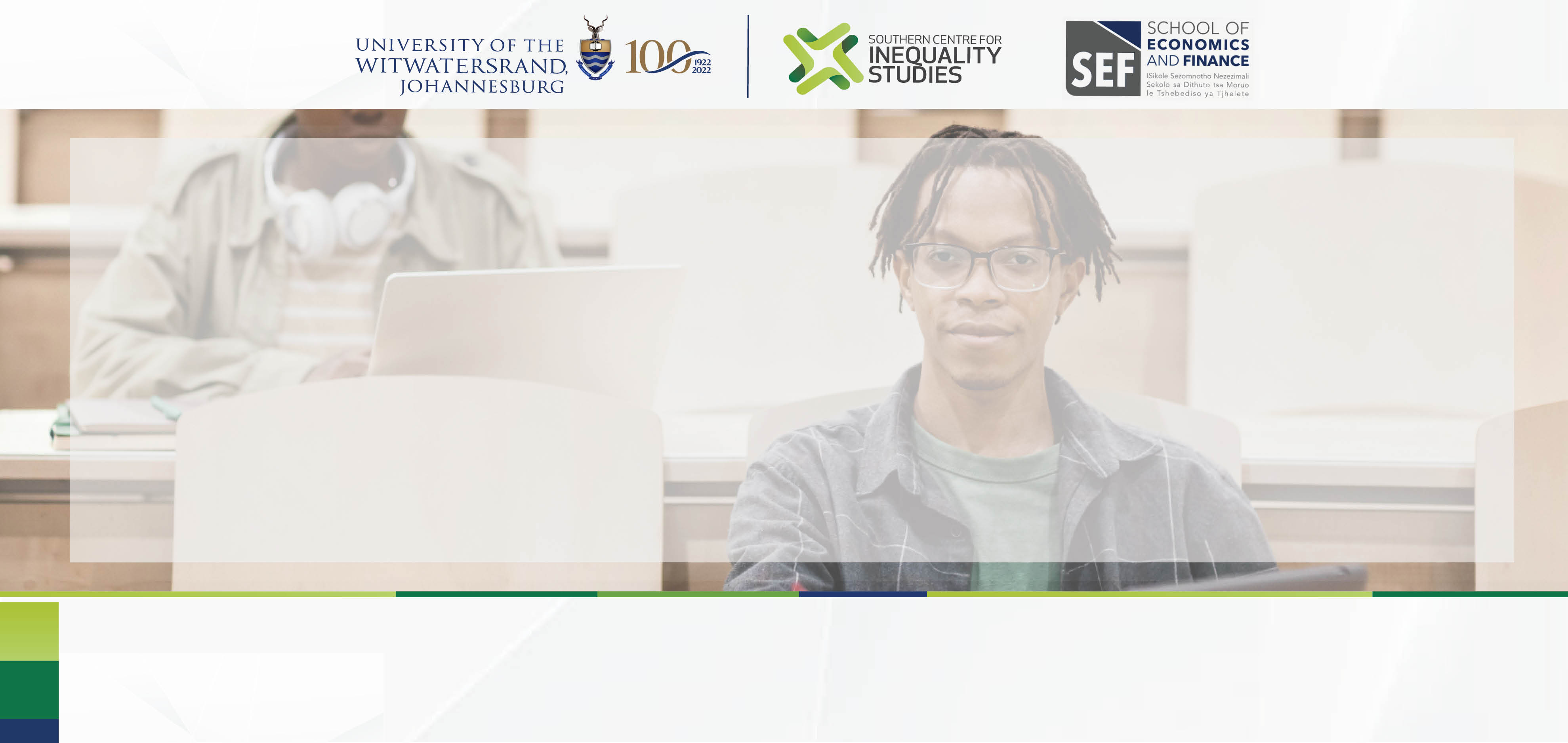[embed]
Inequality is inherently a power relationship that extends beyond differences between individuals, groups or regions. It is about the conditions that allow certain groups or individuals to dominate others. This is how we think about inequality at the Southern Centre for Inequality Studies (SCIS), and also what underpinned the decision to locate the centre in the global south in 2017, and to introduce the Master of Commerce in the field of Inequality Studies in 2023, as a way to influence and develop the next generation of inequality scholars and researchers. MCom Inequality Studies student, Raylene Naidoo,
why it is vital to study inequality.
[embed]
This course is jointly offered by SCIS and the School of Economics and Finance (SEF) at the University of the Witwatersrand and seeks to train researchers and policy practitioners to understand inequality around the world, with a focus on the global South. The programme is interdisciplinary, drawing from economics, sociology, politics and education to offer a unique approach to inequality studies. Students with backgrounds across the social sciences are welcome, and the programme can be structured to focus on several important areas within inequality studies. SCIS Deputy Director and MCom Inequality Studies programme coordinator, David Francis,




